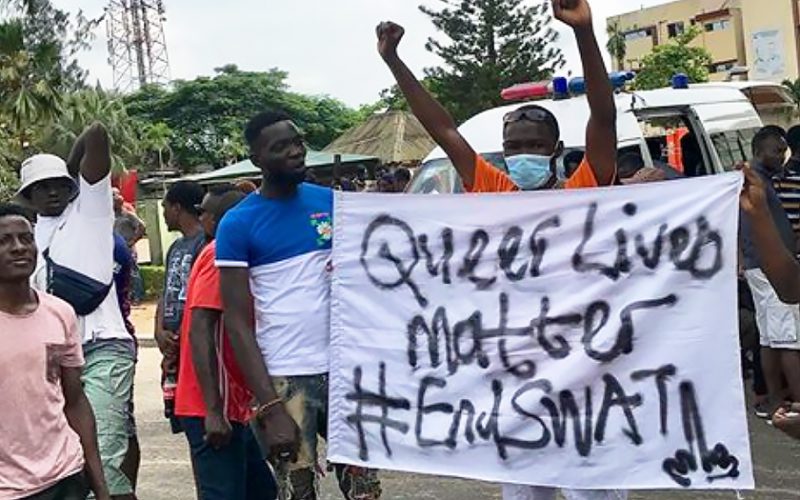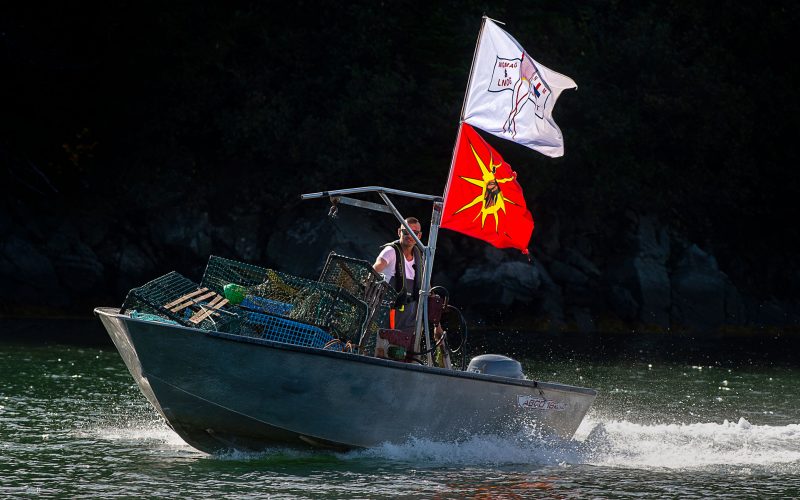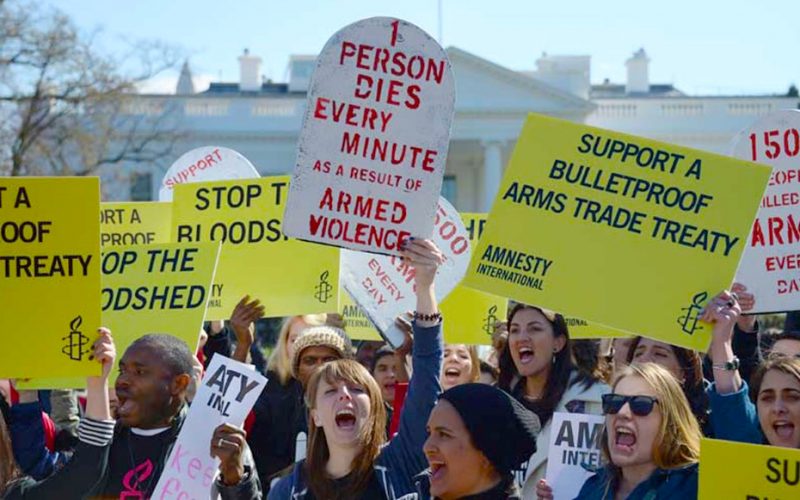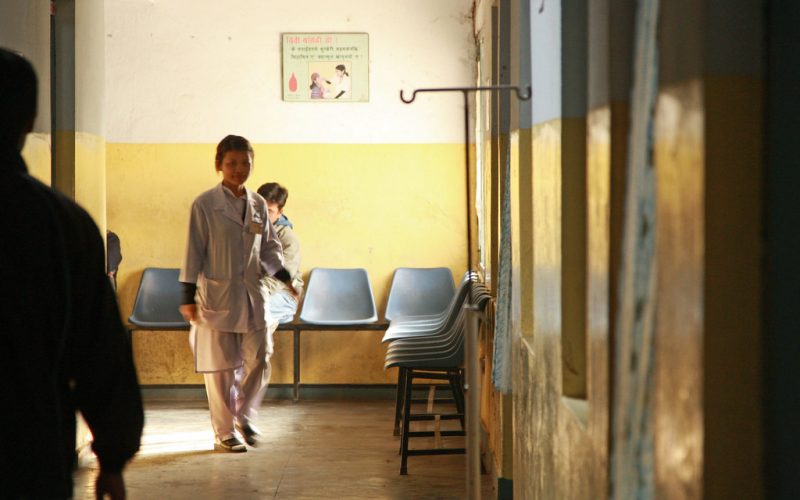Progressive political values have, by and large, provided the impetus for improving universal human rights standards. However, even though the ends ought to be the principal objective of any political […]
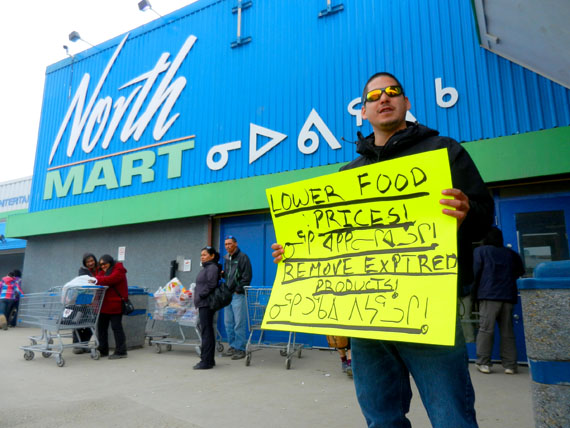
Food insecurity seldom comes to mind when considering Canada, a country recognized for its high standard of living. For those in the provinces, it may be shocking to hear the prices that those living in Northern Canada have to pay for such basic necessities. Yet food prices are so exorbitant that Northern Canadians, in particular the Indigenous communities that make up the majority of the population, are unable to sustain their families’ nutritional requirements. Government efforts to combat the issue are continuously insufficient and ineffective, exacerbating the structural inequalities faced by Indigenous populations in Canada.
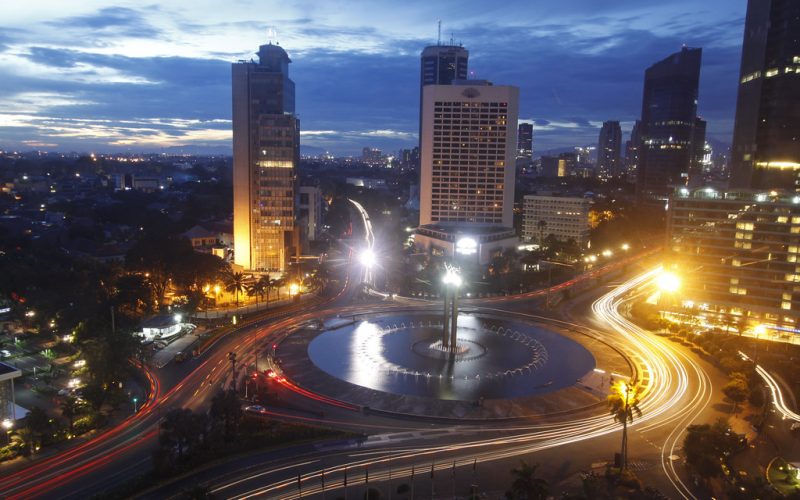
The intersection of technology and education may not have been equitably galvanized, but the implementation of the platforms behind this intersection has been explored to the point where applications show promise in affecting change within the developing world; a high-quality education can help in fostering change in societies that suffer from marginalization. Through policymaking derived from the principle of egalitarian rational discourse, which is defined as a system of non-partisan individual and institutional political and social criticism of ineffectual structures for the good of all people, utilizing online education platforms at all levels, and responsible policymaking on the part of international bodies such as the UN and blocs such as Western Europe, both acting in concert with the developing world, the world stands to obtain long-term gains in its social and economic welfare.
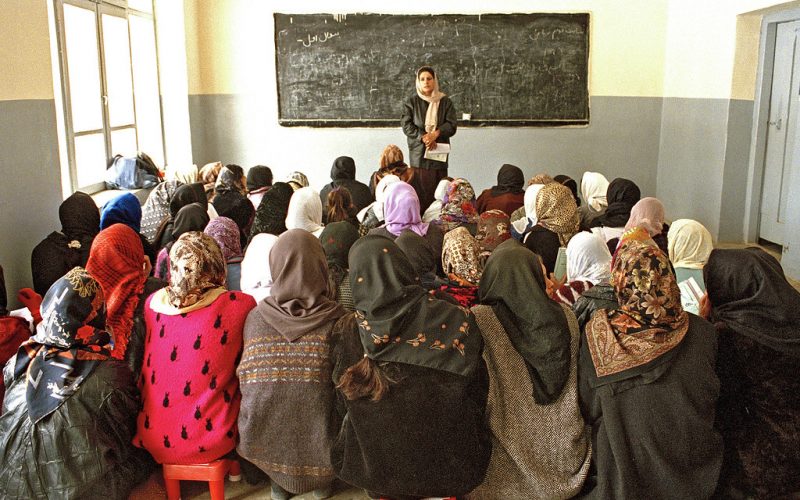
Education is crucial to ensure human dignity of individuals. The right to education, as stipulated by UNESCO, entails primary education that is free, compulsory, and universal, and secondary education that is generally available, accessible to all, and progressively free. Yet, according to UNESCO estimates, 130 million girls ages 6 to 17 are out of school, and 15 million girls of primary-school age will never gain access to a classroom in their lives. Despite education being one of the most powerful tools in elevating the quality of life for marginalized individuals, it is often those very individuals that are subjected to conditions that restrain them from receiving this education. One of the most prominent global barriers to education for children is poverty. While poverty suppresses both male and female education, young girls experience distinct barriers that necessitate specific analysis, as exemplified in my case study of Nigeria.

Prior to the nineteenth century, textile and clothing production relied primarily on made-by-hand methods. The Industrial Revolution of the early nineteenth century marked the transition to a new, more efficient manufacturing process in the Western world. Mechanized methods of manufacturing became widespread, resulting in cheaper and faster clothing production. As consumer prices fell, new apparel retailers emerged to cater to a growing demand for affordable garments, and to create employment opportunities. While the Industrial Revolution provided an incentive to increase profits, these motivations were also responsible for creating deplorable working conditions that exploited the absence of labor protection laws.


